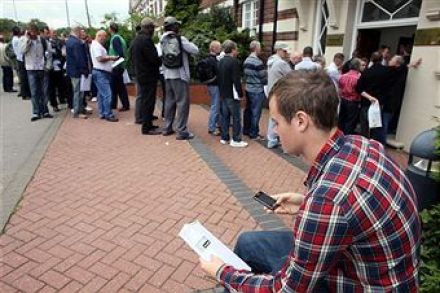Salmond rules out move for Megrahi
Alex Salmond has just been on Sky News and he ruled out extraditing the Lockerbie bomber. He said that the Scottish government has no intention of asking for al-Megrahi to be extradited and the Libyan National Transitional Council appears to have no intention of granting extradition. He also added that there was no scope for further interviews with al-Megrahi, such was the prisoner’s condition. Although he reiterated that the Lockerbie case would be re-opened should further evidence emerge. He also defended the Scottish government’s decision to transfer al-Megrahi to Libya, saying that the original medical judgement of three months life expectancy was never definitive and therefore it had been impossible










